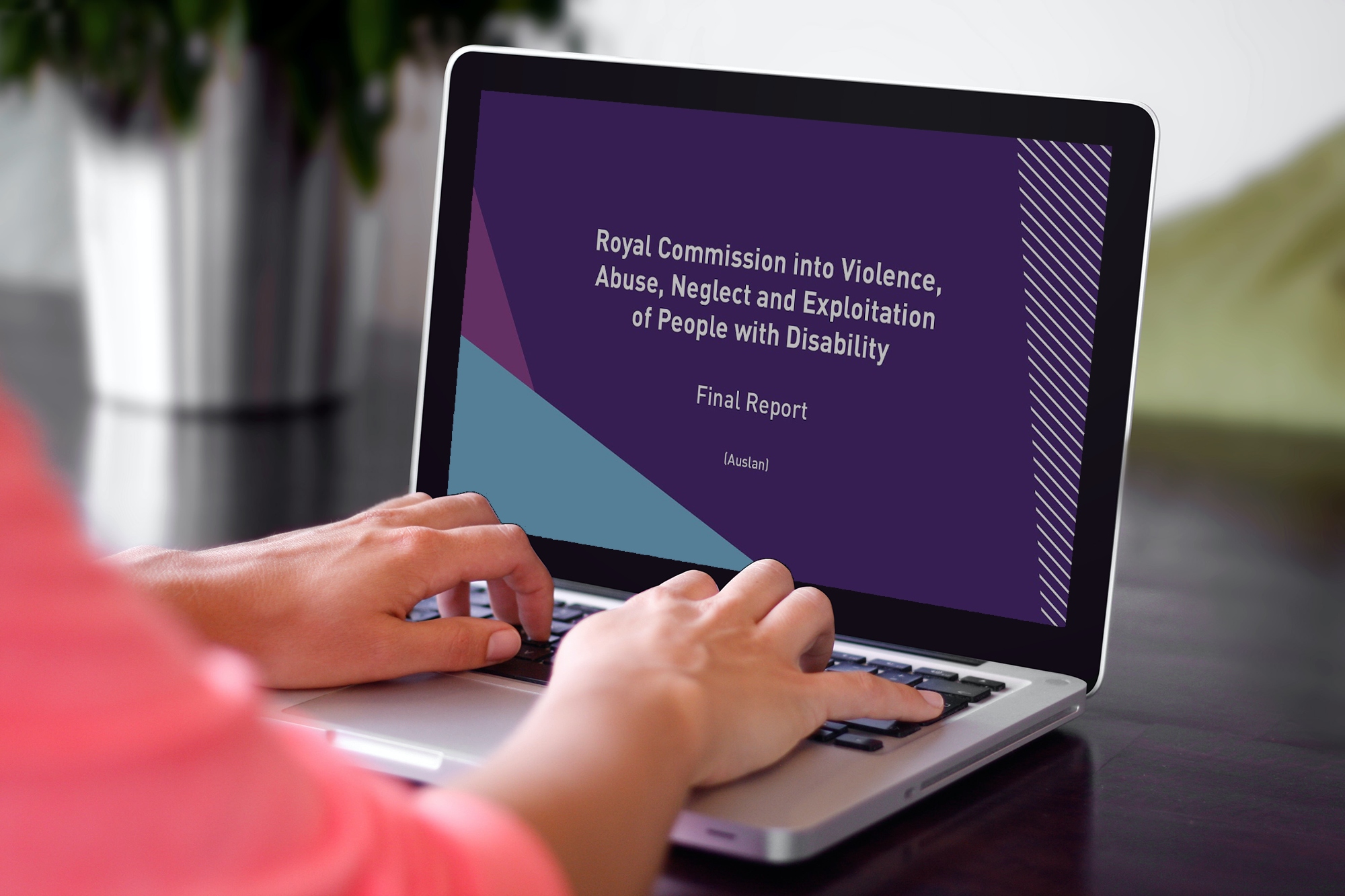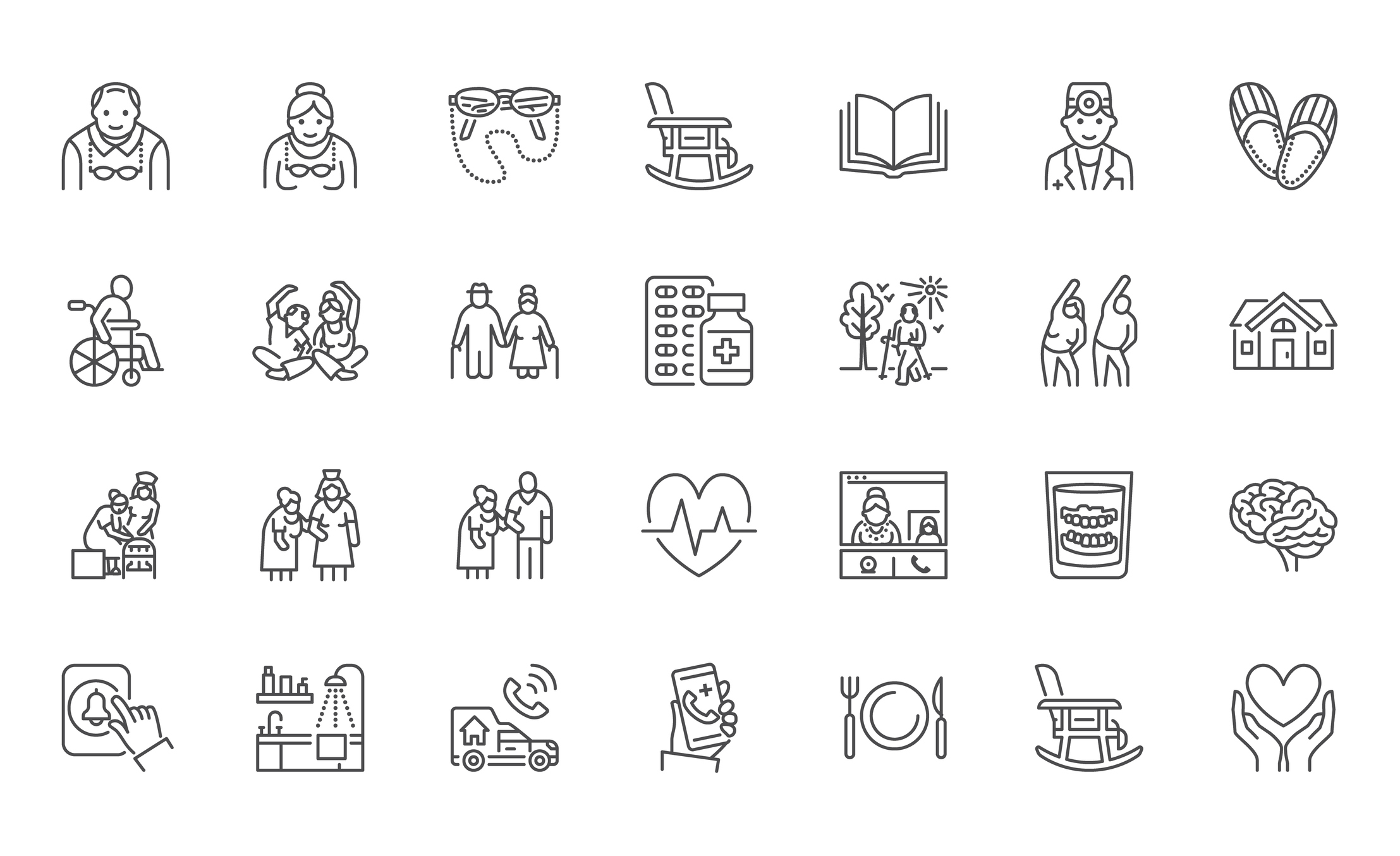Historically, staff training and delivery of care for people with a mental illness have been based around the individual. The emphasis on confidentiality has sometimes acted as a constraint when caring for an individual. Carers often report that they are not recognised and are not given sufficient information to fulfil their role. The failure to engage with carers has excluded the very people who are often responsible for putting care plans into action.
In 2013, the National Report Card on Mental Health and Suicide Prevention recommended that a practical guide be developed and implemented for the inclusion of families and support people in services and that this must include consideration of the services and supports that they need to be sustained in their role. Similarly, in 2014 the National Review of Mental Health Programmes and Services – Contributing lives, Thriving Communities highlighted Australia’s complex mental health care system and the importance of ensuring that “people with lived experience, families and support people encounter a system that involves them in decisions, is easily navigable and provides continuity of care.”
In 2016, the Practical Guide for Working with Carers of People with a Mental Illness (the Guide) was released. A number of mental health care experts worked together to develop the Guide including: Helping Minds, Mind Australia, Private Mental Health Consumer Carer Network (Australia), Mental Health Australia and Mental Health Carers Australia.
In developing the Guide, national consultation with relevant stakeholders found that:
- Current practices were not meeting national, state and territory policies of carer engagement;
- Staff did not feel that they were trained to undertake the practice of Family Therapy;
- Carers often felt that they were not recognised sufficiently or given key information or support in their role;
- Where carers persist in the quest for information, they are often labelled as ‘angry’, ‘over-involved’ or ‘difficult’; and
- There is a no consistency in treatment across clinicians and across service sectors.
There was also strong support for adoption of the “Triangle of Care” model that was developed by the UK Carers Trust. The Triangle of Care recognises that there are three partners in the care relationship, being the consumer who is living the experience of illness, the carers of the consumer, and the service provider.
Family members are in a unique position where they know the person, and in many cases knew them before they became unwell. The Triangle of Care model combines the knowledge and skills of staff with the knowledge and lived experience of the consumer, their family and other carers in a partnership approach to service delivery across all settings.
About the Guide
The Guide seeks to assist providers to better engage, support and work with carers in all areas where mental health is provided.
There are six partnership standards contained in the Guide:
- Carers and the essential role they play are identified at first contact, or as soon as possible thereafter.
- Staff are carer aware and trained in carer engagement strategies
- Policy and practice protocols regarding confidentiality and sharing of information are in place.
- Defined staff positions are allocated for carers in all service settings.
- A carer introduction to the service and staff is available, with a relevant range of information across the care settings
- A range of carer support services is available.
Within each of the six standards there are practical examples of tasks that individuals and organisations may undertake to demonstrate that they are able to work in a partnership manner. These practical examples aim to assist providers to work with carers in a mutually beneficial way.
How can your organisation implement the standards?
A self-assessment for the Practical Guide for Working with Carers of People with a Mental Illness has recently been added into SPP. By self-assessing against these standards, your organisation can highlight priority areas and create action plans to make improvements to the engagement of carers.
Implementation of the standards will demonstrate your organisation’s commitment to working in partnership and to meeting the requirements of the accreditation processes.
Sign up for a free trial
You can access the Practical Guide for Working with Carers of People with a Mental Illness and much more in the SPP platform


